In or out? Which major football leagues are leading or following the EPL in taking production in-house?
https://www.svgeurope.org/wp-content/blogs.dir/17/files/2021/02/TSL_IMG-Media2.jpg
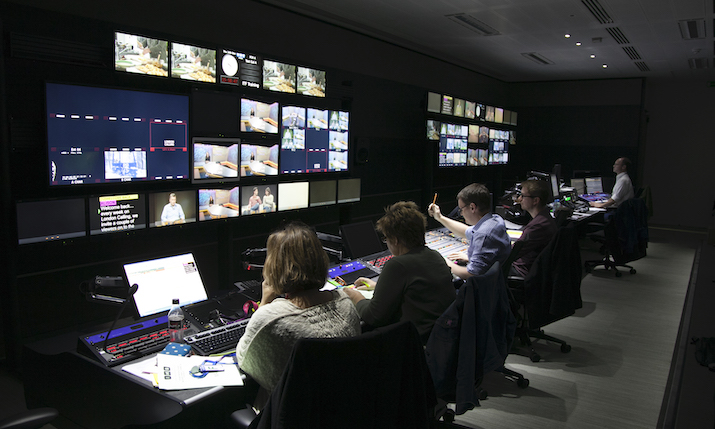
Stockley Park
One of the biggest news stories of 2024 was the announcement by the English Premier League (EPL) that it would be taking its media operations business in-house. Although this does not come into force until August 2026, the move (thus far unconfirmed officially) would seem to end the 20-year partnership between the Premier League and IMG, operating as Premier League Productions.
Each football league worldwide has its own commercial and logistical reasons for operating the host broadcast as it does – whether in-house, outsourced, or a combination of the two. Taking a look at how other major football leagues are managing their domestic and international production and distribution, it would seem that the EPL is no pioneer in keeping its operations closer to its chest, but neither is it a laggard. Below is a breakdown of how some key leagues operate.
Spain
Host
The host broadcast operation for LaLiga and LaLiga 2 for 2023/24-2026/27 season is managed by LaLiga which hires Mediapro as its official production company. In 2015 a decision was made to centralise LaLiga’s AV rights marketing and commercialisation. This sets the basis for how LaLiga income is distributed and how income can be enhanced by improved production values.
LaLiga domestic rights are held by Telefónica, which shows five games per week via Movistar+, until the end of the 2026/27 season. This covers 55 per cent of matches, with DAZN airing the remaining matches in a sub-licencing deal with Telefónica.
Coverage and facilities
Mediapro, based out of Barcelona, is in charge of the host production and uses its own OB facilities. This includes 380 live streamed and broadcast LaLiga matches per year and 468 LaLiga 2 matches (462 regular season and six playoffs). LaLiga has centralised graphics and comms, with the rest of production performed on site. Eight LaLiga 2 games are produced fully remotely.
Standard LaLiga games feature 17 cameras second division matches are covered by 13 cameras. Top matches like El Clásico between Barcelona and Real Madrid are covered with a 22-camera plan. All are standardised on HD 1080p.
VAR
The Spanish Football Federation (RFEF) manages VAR across LaLiga and the Copa del Rey competition and contracts the services to Mediapro. The current contract runs until 2027/28 and replaces Hawk-Eye which held the contract between 2019 and 2024. Hawk-Eye is providing semi-automatic offside technology (SAOT) for the 2024/25-2027/28 season.
France
Host
Ligue 1, the French premier division, is administered by the Ligue de Football Professionnel (LFP). Host Broadcast Services (HBS) acts as host broadcaster, in continuation of a longstanding partnership with the league’s rights holders. This season those rights holders changed over from Amazon and Canal+ to DAZN and BeIN Sports. DAZN is airing eight matches per week and BeIN Sports is showcasing one primetime game per week, totalling 308 matches per year. The deal for rights and host broadcaster runs until 2029.
Ligue 2 matches are exclusively broadcast by BeIN Sports, which secured five years of domestic broadcasting rights ending in 2029. BeIN Sports is also producing all Ligue 2 games with HBS acting on behalf of the league, performing venue management, archive management and quality control.
Coverage and facilities
HBS contracts the majority of its facilities from AMP Visual with additional from NEP Belgium. The contribution network has been provided and managed by Orange Events since 2019. The network is fully redundant with hitless switching. All matches are at-the-venue productions although HBS is working on hybrid remote solutions and operates an MCR which has connectivity to the stadiums.
Since the turn of the year, the standard match day format is now HD 1080P from between 14 and 25 cameras depending on the match. This includes aerial, Steadicam and cine-style cameras.
VAR
VAR is centralised in Paris and managed by LFP with HBS providing technical support.
Denmark
Host
The host broadcaster is Matchday Production, an in-house entity new for the 2024/25 season. It was set up by Superligaen, the company owned by the 12 clubs competing in Denmark’s top-flight football league Superliga, and production company DMC Productions.
Matchday Production produces all 800 matches a year live across Superliga, the 1st Division, Oddset Pokalen, 2nd Division and 3rd Division. The domestic rights holders are TV2 and Viaplay.
Superligaen handles rights and manages relations with the broadcasters and clubs. DMC manages the technical set-up, production and operations.
Coverage and facilities
Matchday Production operates a remote production centralised in the Matchday HQ in Copenhagen. Its four control rooms are able to handle several matches simultaneously.
A standard Superliga match is covered by six cameras in 1080p with an ambition to deliver HDR in 2025.
All 55 of Denmark’s stadiums are connected to the Copenhagen MCR via a contribution ring. The contribution ring was procured by Matchday Production to give them full control of the network. It features 10Gbit links to each stadium and 100Gbit lines to the broadcast centre.
Germany’s Broadcast Solutions helped DMC create the Copenhagen HQ and also built four vehicles and four flypacks for the on-site facilities.
The main facility is equipped with Grass Valley Kula switchers, Kayenne control surfaces and Grass Valley vision mixers, audio consoles from Lawo and a MediorNet Horizon processing platform from Riedel. EVS provided XT servers as well as its Xeebra platform to handle VAR. Net Insight’s Nimbra application enables remote contribution. Graphics are provided by the Danish company TV-graphics. The network provider is Danish telco TDC.
Germany
Host
Sportcast, based in Cologne and a wholly owned subsidiary of the Deutsche Fußball Liga (DFL), has been the host broadcaster for all matches in the Bundesliga and Bundesliga 2, as well as the DFL-Supercup, since 2006/07.
In that time it has produced over 12,500 live games, around 700 a season, led by managing director Alexander Günther, who has been there since the beginning.
Coverage and facilities
The Bundesliga is produced in UHD HDR, as is the Supercup. Bundesliga 2 is a 1080p HD production. Standard Bundesliga camera plans are 19-21 cameras ramping to 29+ for finals like the Supercup including ACS and drones. Typical Bundesliga 2 matches are 11 cameras.
Alongside the production of the TV base signal, Sportcast coordinates the contribution and international distribution of the live TV signal in over 200 countries. In addition, it provides weekly live games and highlights shows in English, with international graphics via satellite. To achieve this, the video signals of the Bundesliga and Bundesliga 2 are broadcast via a fibre optic network operated by Sportcast connected to 36 stadiums.
Sportcast hires OB facilities from several providers, including TVN Live Production, Skyline, Studio Berlin, HD Broadcast, TopVision (part of the TVN group), and Triofilm. As part of the provision, Sportcast utilises around 30,000 crew members, including directors, per year.
Sportcast is planning to transition to remote production starting with two games per matchday in Bundesliga 2 from the 2025/26 season. It has trialled technologies including Grass Valley AMPP and the Evertz DreamCatcher system.
The company also manages the league’s Archive Media Hub in Cologne. This is a central content hub which ingests all feeds and delivers live, non-live, social and content for documentaries.
VAR
Based in Cologne, run by Sportec Solutions, another DFL subsidiary.
US
Host
Major League Soccer Productions has teamed up with Apple to produce all Major League Soccer (MLS) coverage over the ten years of Apple’s $250 million a year deal ($2.5 billion total) with the league, which began in the 2023/24 season. MLS and Apple will produce 950 matches a year, including 493 regular season games plus the entire postseason; all 77 matches in the Leagues Cup (a competition between US, Canadian and Mexican soccer leagues); and around 100 matches each for MLS Next Pro, the developmental league, and amateur academy consortium MLS Next.
Coverage and facilities
Every match is produced onsite with at least one NEP-supplied scanner in 1080p with 5.1 Dolby audio and commentary in both English and Spanish.
In addition to carrying every game, Apple’s MLS Season Pass streaming service features MLS 360 a 6-hour-long whip-around show, as well as pregame show MLS Countdown and MLS Wrap-up – all produced from the league’s production centre in New York City.
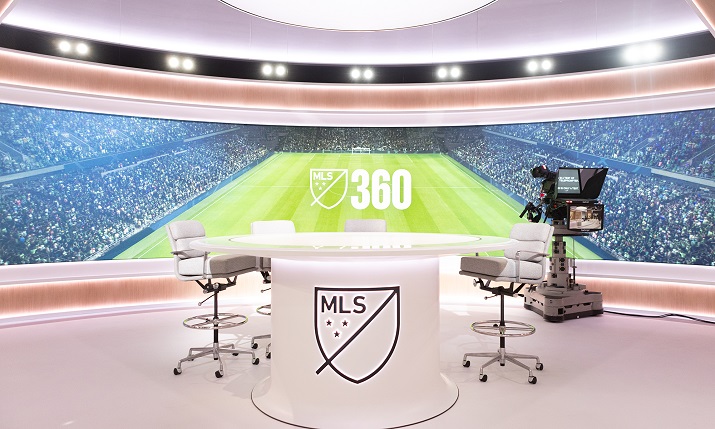
Fourteen live matches every Saturday and some Tuesdays and Wednesdays are produced and switched from onsite mobile units. Although MLS NEXT events are produced onsite, MLS NEXT Pro events are captured offsite, backhauled to one of NEP’s connected facilities, where graphics are integrated, announcers call the events off monitors and/or via remote announce kits, and the broadcast is assembled and encoded for distribution. Highlight clips produced from remote EVS servers direct to VOD are managed on MediaBank, NEP’s MAM.
NEP also works with MLS Broadcasting to produce broadcasts for MLS linear partners Fox and Univision.
Other technical providers include Vizrt graphics, official MLS data distribution partner IMG Arena, network manager AT&T, data services leader Deltatre and data analysis company Sportec Solutions.
MLS has worked in various capacities with NEP for 22 years and with IMG for a decade and these are its main partners for MLS Season Pass.
IMG manages the production and distribution of live match and studio content. It also oversees the editorial tone, look and feel; production enhancements; producer/director staffing; and talent logistics.
NEP Group oversees broadcast operations providing crew and overseeing all technical aspects, including provision of all mobile units; build of control rooms; remote and centralised production support; commercial integrations; and infrastructure and systems management.
VAR
MLS operates video reviews from a centralised location for all matches from Hawk-Eye’s headquarters in Atlanta, Georgia.
English Football League
Host
Host production is handled by Sky and IMG for the English Football League (EFL), EFL Cup and the EFL Trophy, until the end of the 2028/29 season. The EFL comprises 72 clubs in three leagues below the Premiership; the Championship, League One and League Two. That totals 1,698 matches per year. IMG produces all of them; 866 matches per season for Sky with the remaining balance produced by the pay-TV broadcaster for its main channel output or Sky Sports+; and 832 fixtures for distribution outside of the UK via EFL rights holders Pitch International and Relevent Sports. IMG is also producing a free-to-air terrestrial highlights programme for ITV.
Coverage and facilities
IMG produces coverage every match from the EFL production centre at Stockley Park in West London having upgraded the cabling at all 72 stadiums to increase camera output. Six cameras cover Championship matches (seven with the Hawk-Eye goal technology feed), four cameras cover League One and two cover League Two. Some 200+ feeds travel to Stockley Park over an NEP Connect backbone on a regular matchday.
FlatBack4 Productions supplies IMG with camera operators and cameras, while Hyper Studios is the graphics supplier for IMG’s EFL output, making use of Opta data.
Every game potentially has three to four commentators (home bias, away bias, club’s own and a neutral commentator provided by IMG).
There is no VAR in the EFL, though the system has been used in League Cup semi-finals and finals.
[/gpt3]

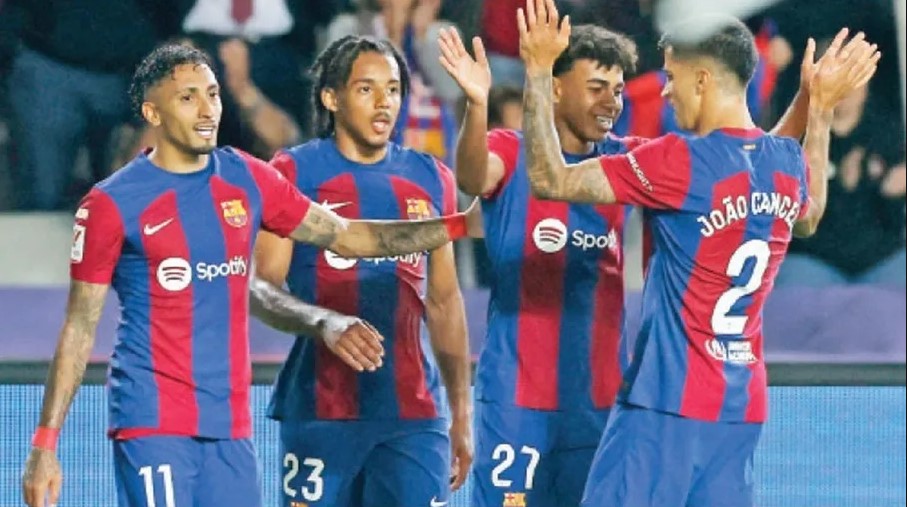
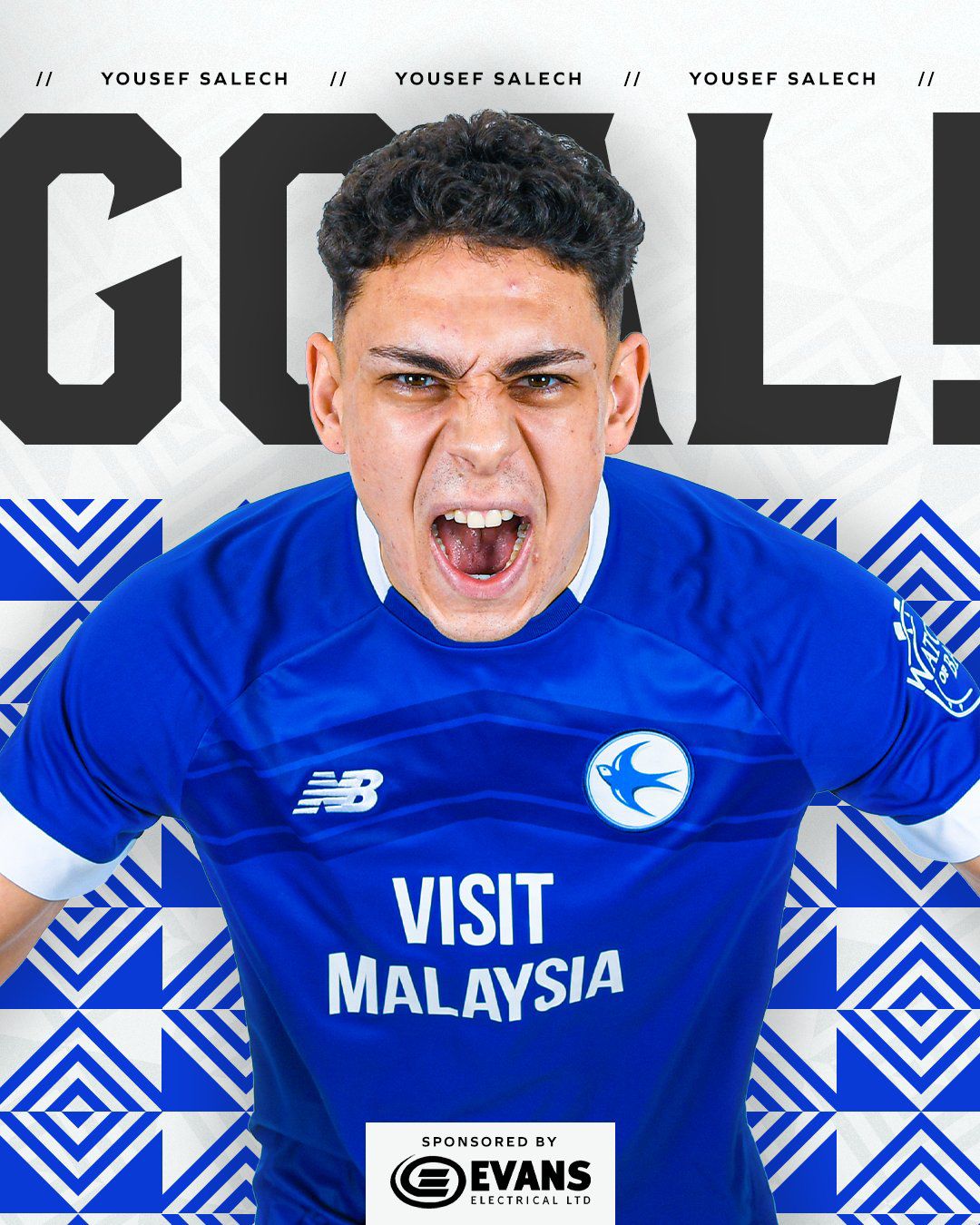
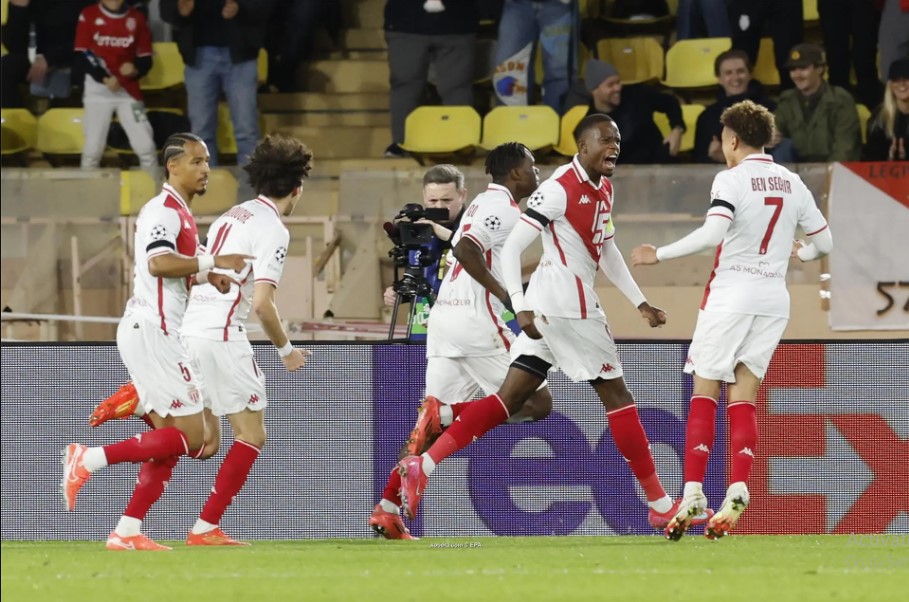
Post Comment